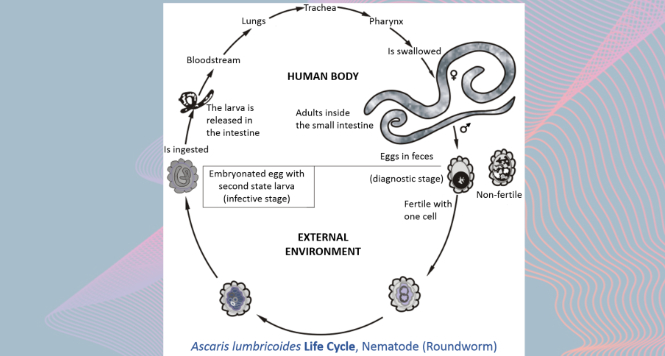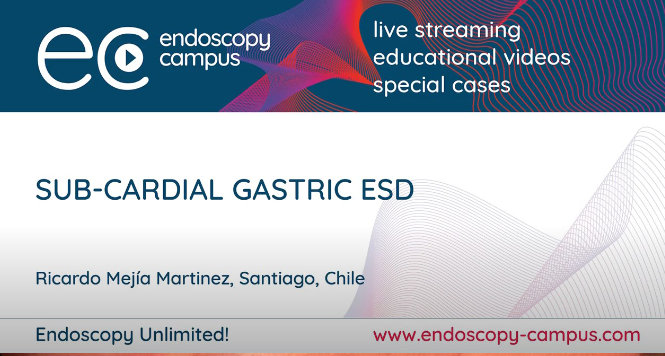Are Proton Pump Inhibitors Associated With Increased Mortality?
Vanessa M. Shami, MD, FASGE, reviewing Baik SH, et al. Clin Gastroenterol Hepatol 2021 Jan 13.
There has been significant media attention on the risks of proton pump inhibitors (PPIs) noted in observational studies, including associated risks of pneumonia, Clostridium difficile, renal failure, osteoporosis, and death. These claims were largely debunked by a 3-year randomized controlled trial by Moayyedi et al that followed 17,598 patients and found there was no significant mortality (confidence interval [CI], 0.92-1.15) (Gastroenterology. 2019;157:681-692.E2. doi: 10.1053/j.gastro.2019.05.056). However, the confidence interval range was wide enough that further studies have continued to assess this risk.
In this study, the authors tackled protopathic bias (reverse causality), which occurs when an intervention (such as PPI administration) is associated with prodromal signs of that outcome (death due to underlying etiology, including intensive care unit admission, renal failure, or anticoagulant treatment). To adjust for protopathic bias, researchers used a lag-time approach, omitting patients prescribed only a PPI or H2 blocker during a 90-day lookback window prior to death.
More than 1.9 million elderly Medicare fee-for-service beneficiaries were studied using a Cox regression analysis and propensity score adjustment to evaluate PPI-associated risk of death. Of this population, 80,972 (4.2%) died during a median of 3.8 years of follow-up, resulting in an overall unadjusted death rate per 1000 person-years of 9.85 (14.31 for PPI users and 7.93 for nonusers). Similar to observational studies, PPI use (vs no use) with no lag time was associated with a 10% increased mortality risk (adjusted hazard ratio [HR], 1.10; 95% CI, 1.08-1.12). However, with a lag time of 90 days, the mortality risk associated with PPI use was essentially zero (adjusted HR, 1.01; 95% CI, 0.99-1.02).

COMMENTThis study adds to previous evidence that PPI therapy does not confer increased mortality risk, particularly when the first 90 days after initiating therapy are removed from the equation. This period is associated with acute illness and has likely resulted in protopathic bias that has influenced previous observational findings. Gastroenterologists should feel comfortable prescribing PPIs at the lowest, most efficacious dosages required for their patients.
Note to readers: At the time we reviewed this paper, its publisher noted that it was not in final form and that subsequent changes might be made.
CITATION(S)
Baik SH, Fung KW, McDonald CJ. The mortality risk of proton pump inhibitors in 1.9 million US seniors: an extended Cox survival analysis. Clin Gastroenterol Hepatol 2021 Jan 13. (Epub ahead of print) (https://doi.org/10.1016/j.cgh.2021.01.014)


